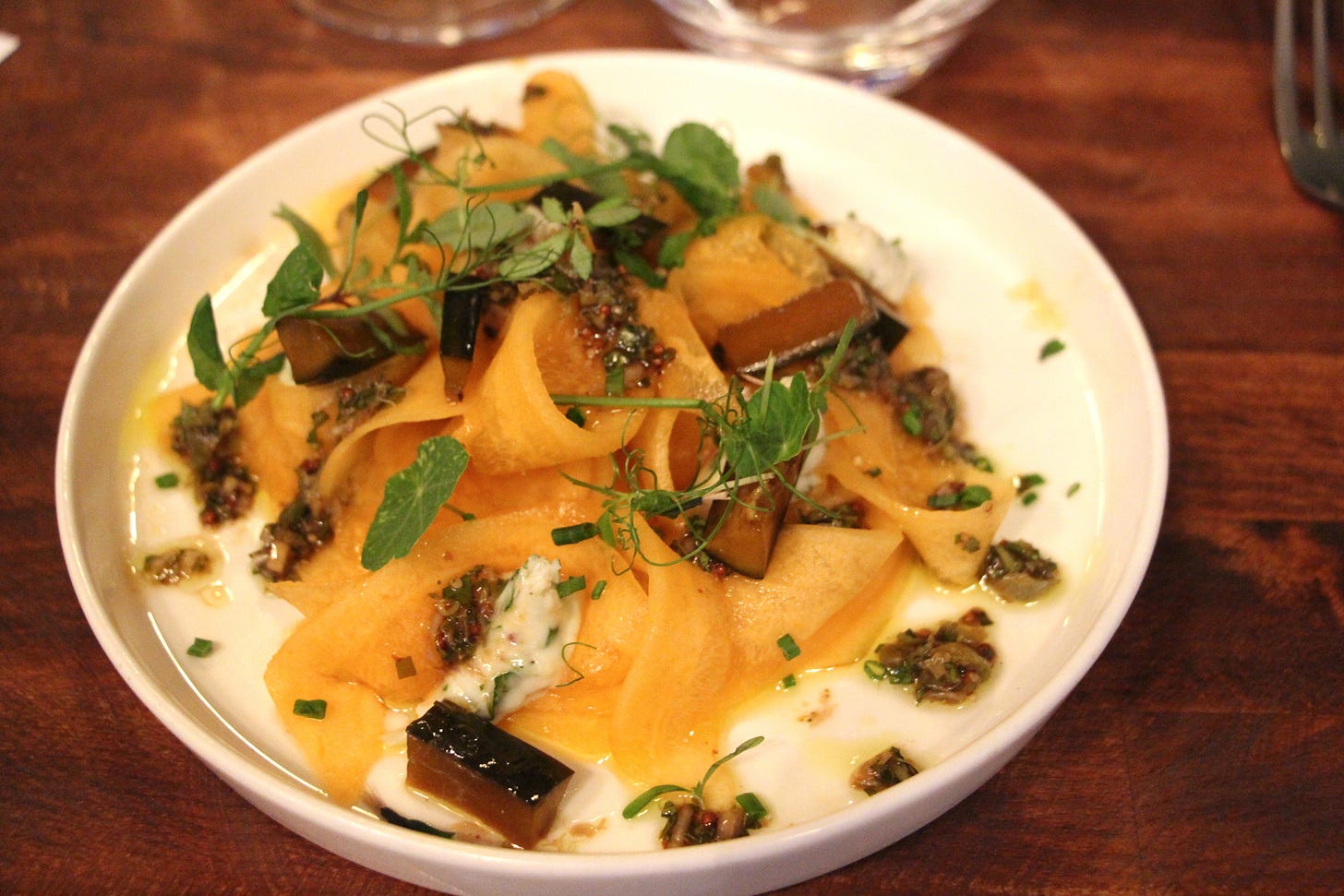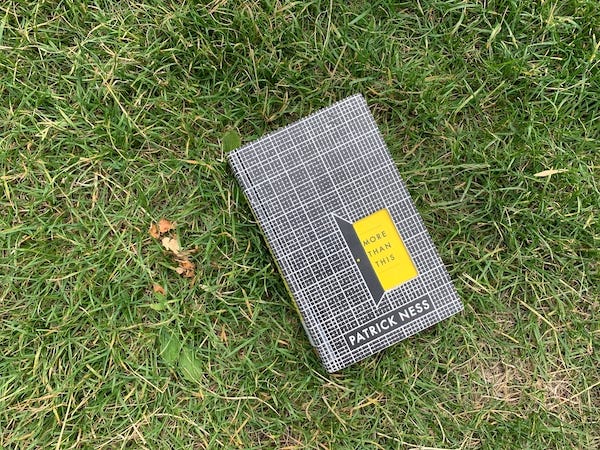Emily in France 🇫🇷 My English is Getting Worse

My English got worse before my French got better.
I started learning French at the tender age of nine from an Italian-American from Brooklyn with a nasality that envied Fran Drescher. Mme Cipriani may have had some odd methods – like teaching us the days of the week to the tune of Frère Jacques – but with her brightly decorated classroom (and penchant for giving Skittles as a reward for asking to go to the bathroom in French), hers quickly became one of my favorite classes. But while I was exposed to the language young, it wasn't until 9th grade that I really learned French, during a three-month stint near Lille, in the North.
This first study abroad experience would prove to be one of the most formative of my life. It was there, in the wake of 9/11, that I became fully immersed in the language and culture that have surrounded me for the past 13 years. Despite the full immersion, learning French was a slow, arduous, often painful process. But while I learned it eventually, something odd happened first: my English got worse.
I forgot simple, concrete nouns. I second-guessed the spelling of words like "the." I stopped being able to make myself understood clearly in my native tongue, and – already dead-set on becoming a writer – mourned the fluency with which I had once spoken. Even once my English came back, even once I mastered French, my native tongue was forever changed, sometimes in ways I barely noticed.
Sure, I adopted the expat vocab of someone looking for words for cultural phenomena that don't exist back home: apéro, préfecture, and grève slipping into my English sentences, as they do for many who make their lives here. But the way I constructed those sentences was changed, too. I started using the passive voice ad nauseum, thanks to the French availability of an unknown subject pronoun on, which, in English, only exists in the way-too-formal "one." A friend noticed that I started using the word "ostensibly," a lot, which I only recently realized stems from the French penchant for the conditional, a verb mood that conveys uncertainty.
It's no surprise to linguists that the way that we talk about the world is affected by the words we have at our disposal. (For a concrete example, check out this article about how the language we speak affects our perception of color). But while it's a concept I'm familiar with – even comfortable with – in theory, in practice, when the languages you speak change the way you formulate your thoughts... it's just downright odd.

What I'm Eating
1. Melon salad and popcorn ravioli at one of my new favorite bistros, Loupiotes.
2. A heavenly savory-infused goat cheese from Terroirs d'Avenir.
3. All of France's remaining seasonal cherries.
What I'm Writing
1. Will our small farms survive the pandemic? Dan Brown isn't so sure. I discussed the future of the locavore movement with experts for Organic Authority.
2. If you've ever seen something on your market stand that looks like a dirty stick, it's probably salsify. I wrote all about this root vegetable for AllRecipes.
3. A dear, fellow YA-writing friend recommended Patrick Ness' More than This to me just before lockdown, and I finally got it from the library. It is incredible.

What I'm Reading
1. This ode to summer cooking, which boasts the following description: "an entire box of popsicles and a glass of gin, or three sticky nectarines and a handful of humidity-softened potato chips, or a green bell pepper eaten like an apple, followed by an after-dark walk through the neighborhood in search of the ice-cream truck," in the New Yorker.
2. This exploration of what "equality" really means in nominally race-blind France today, in the New York Times.
3. These photos of goats queuing outside a Welsh hairdresser's, via ITV.
A bientôt !



